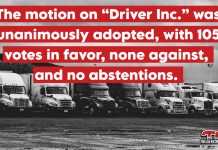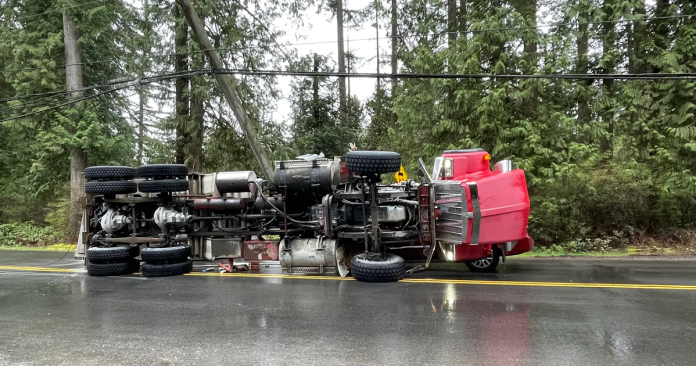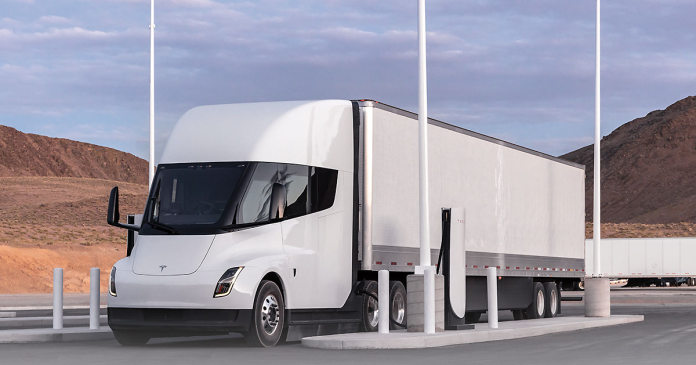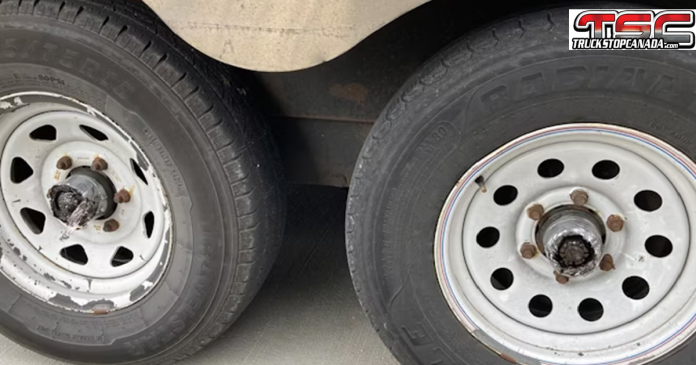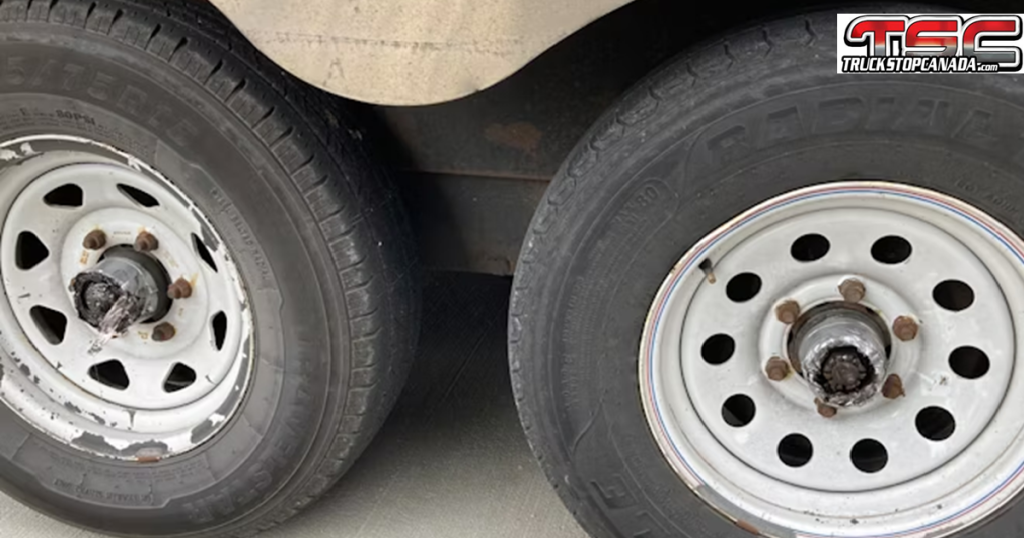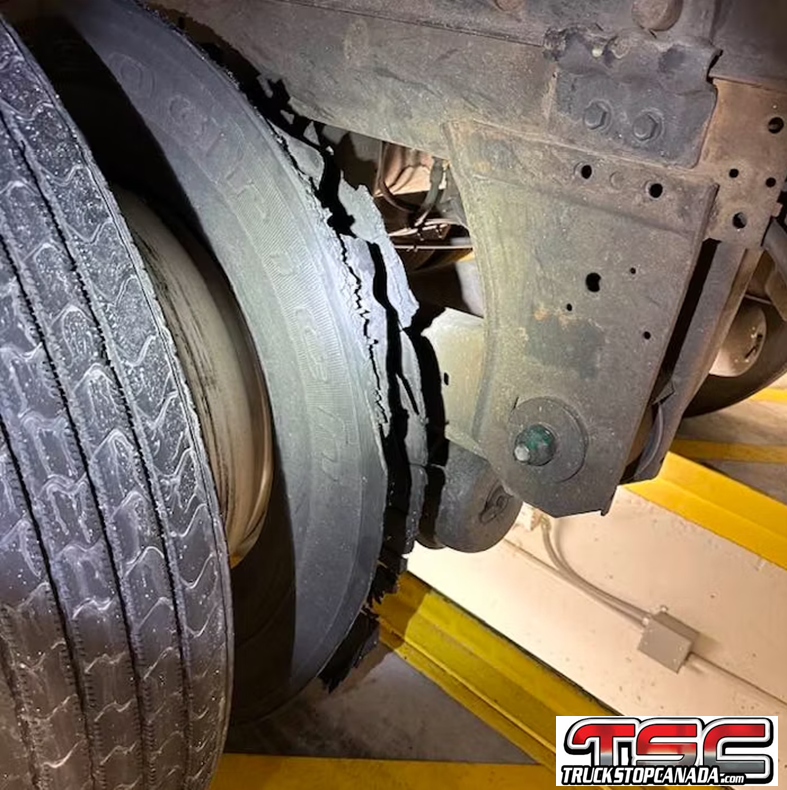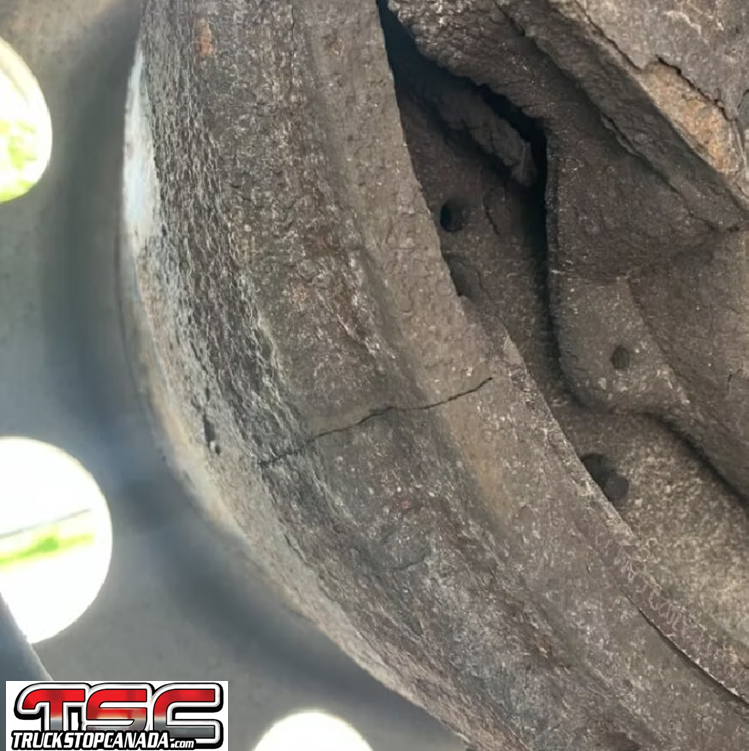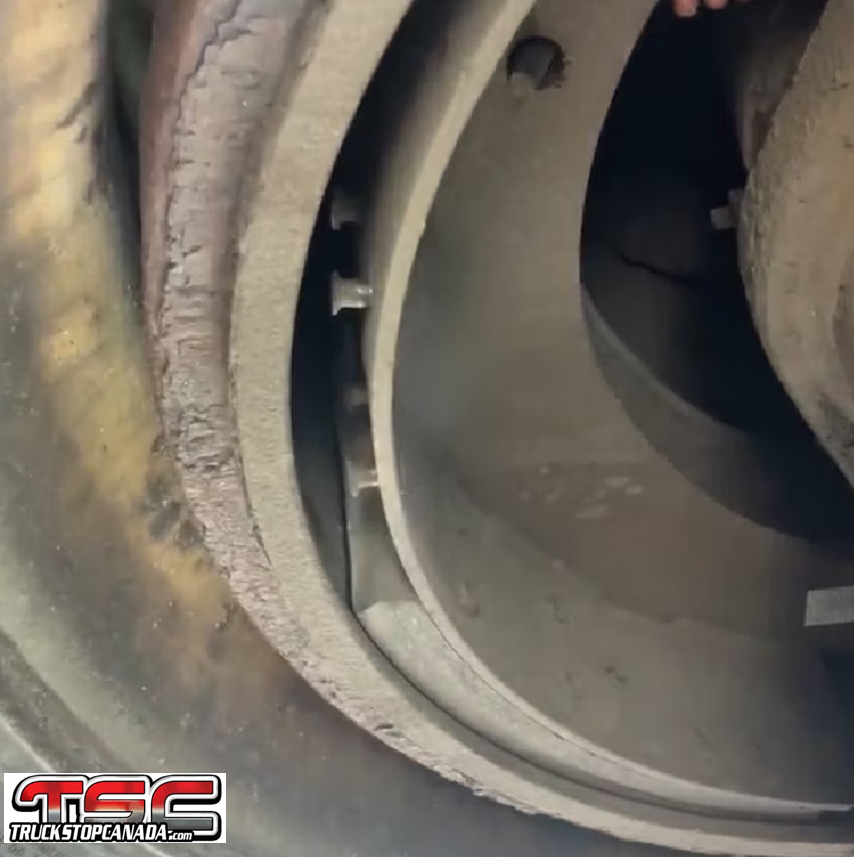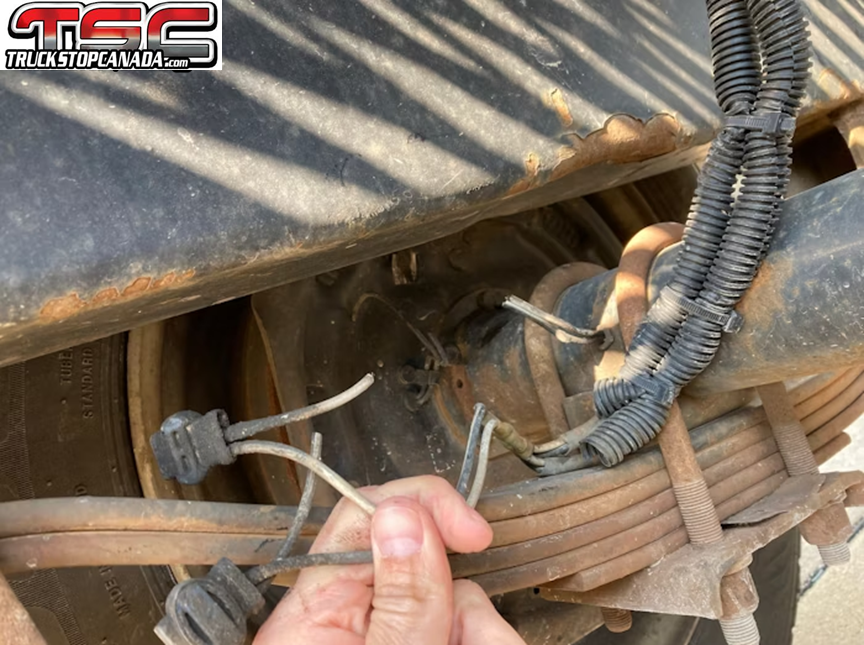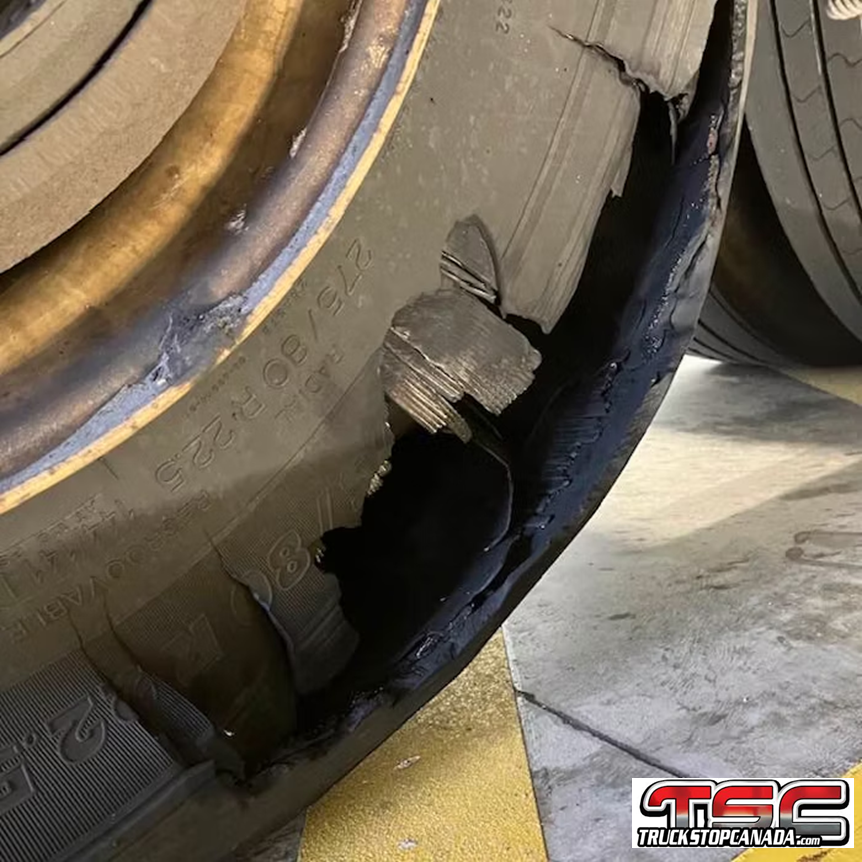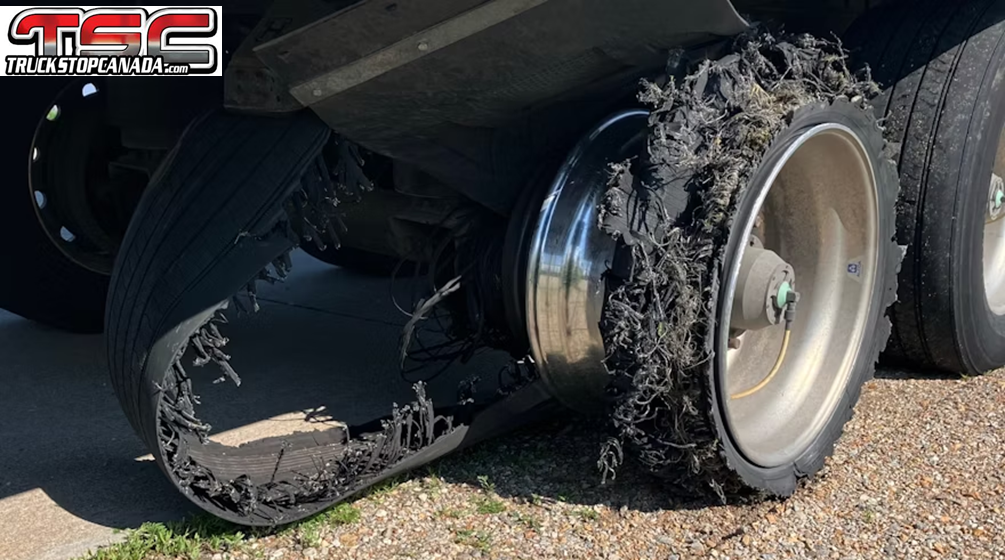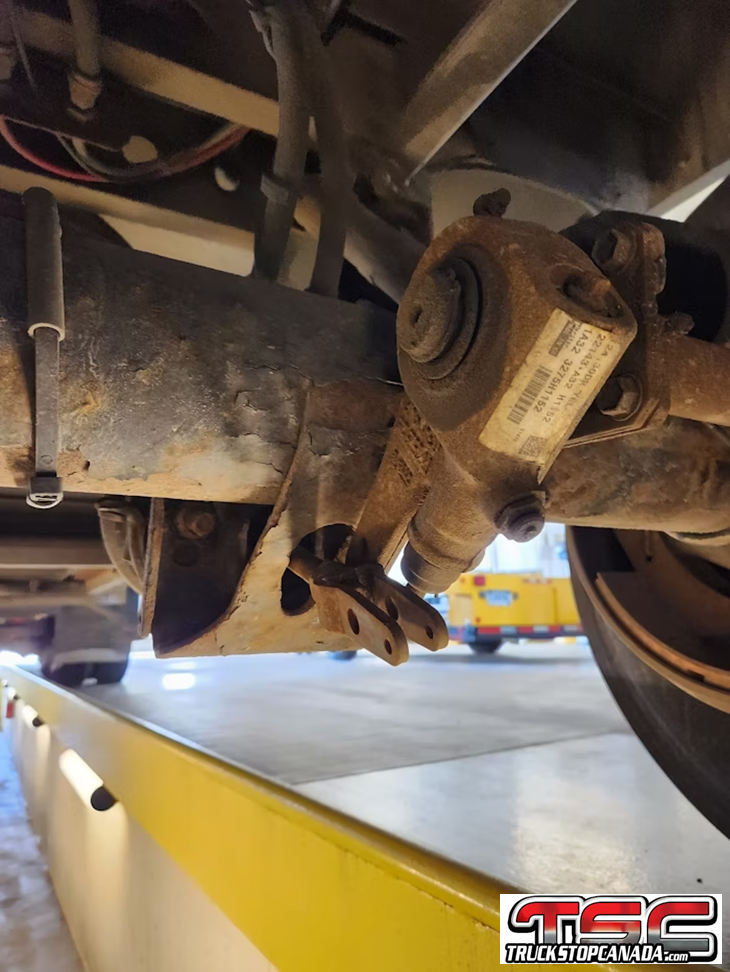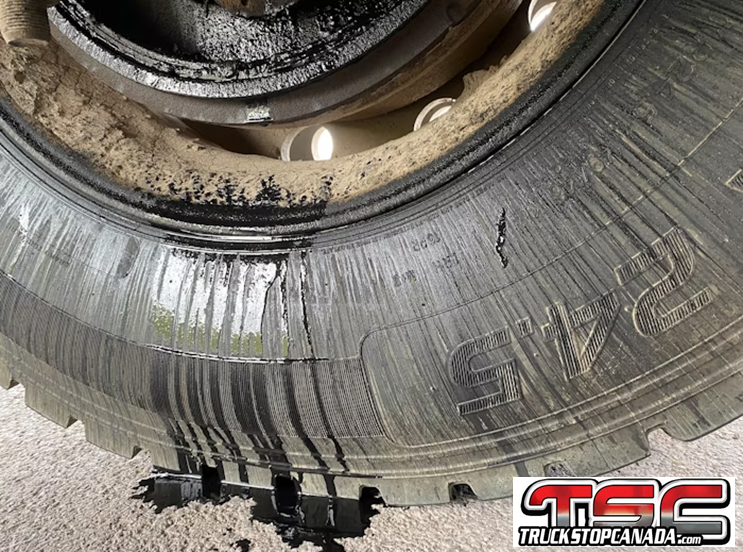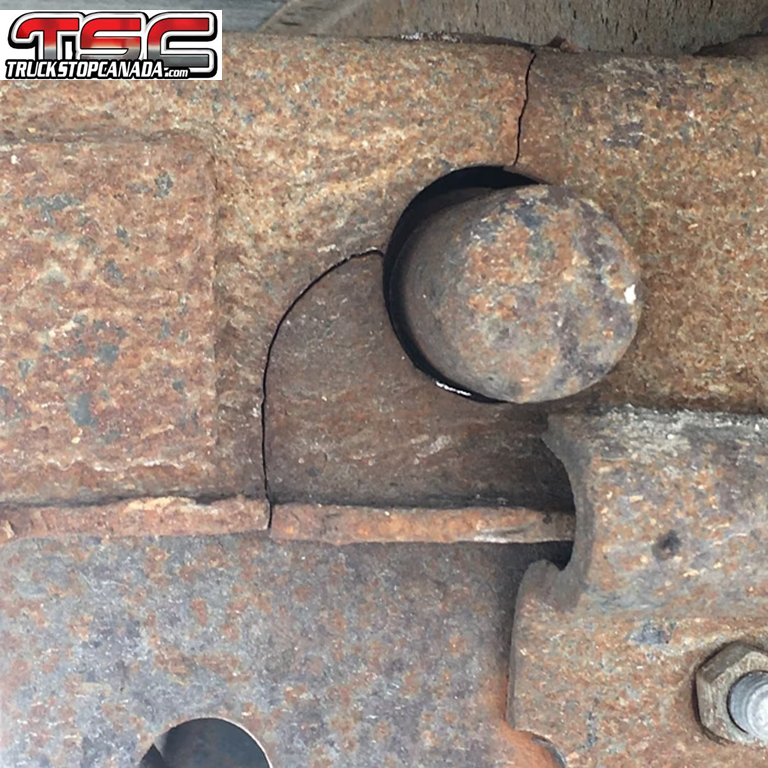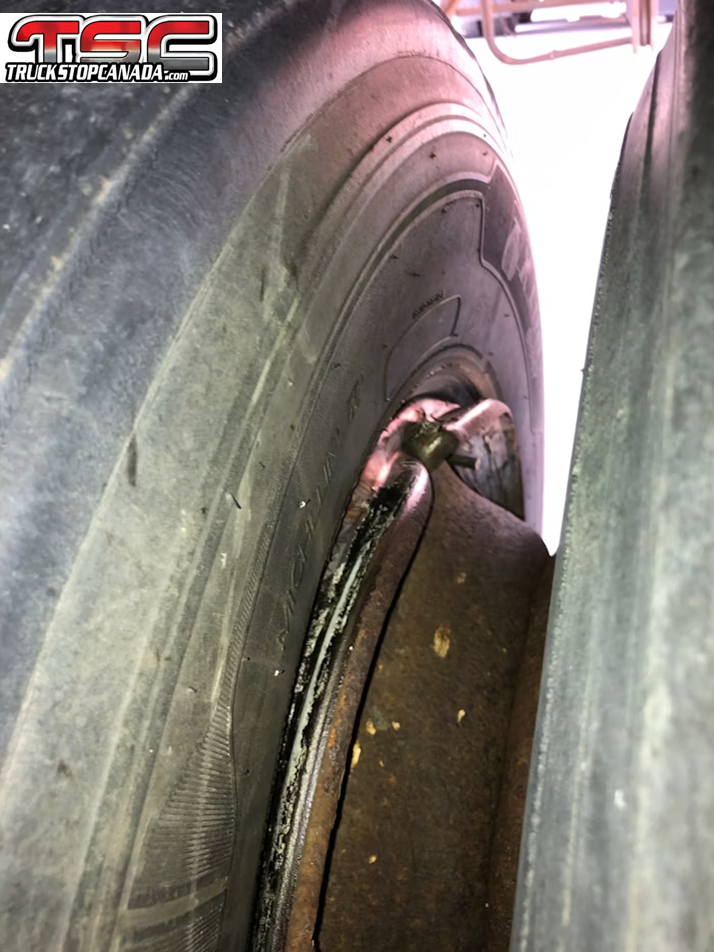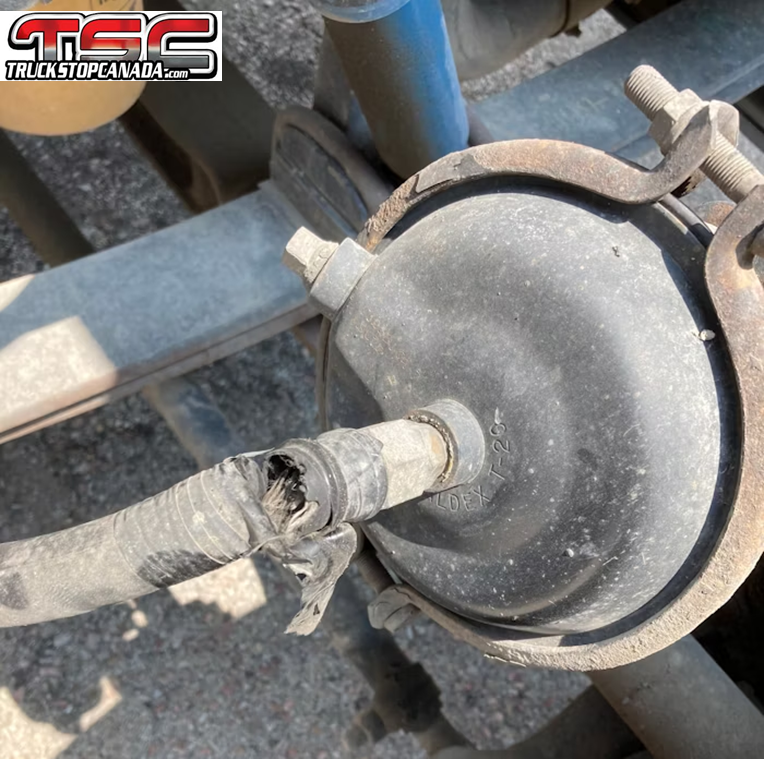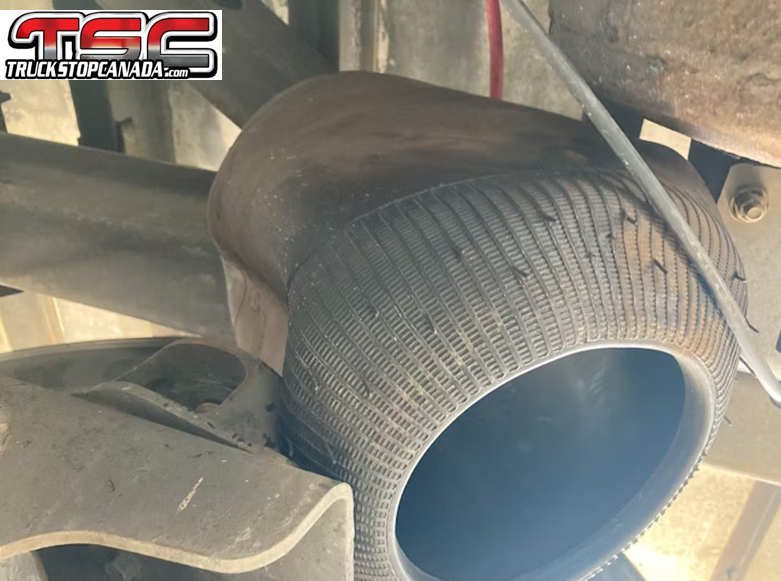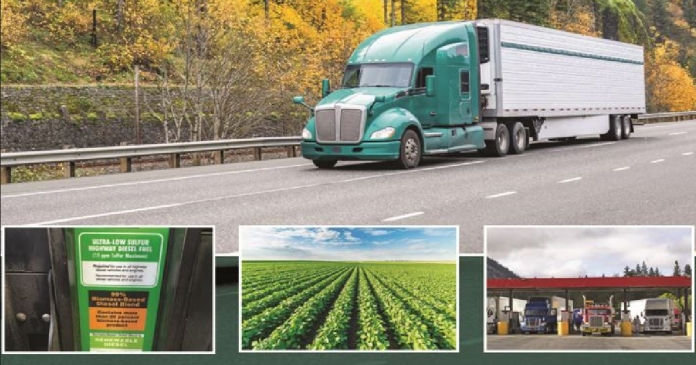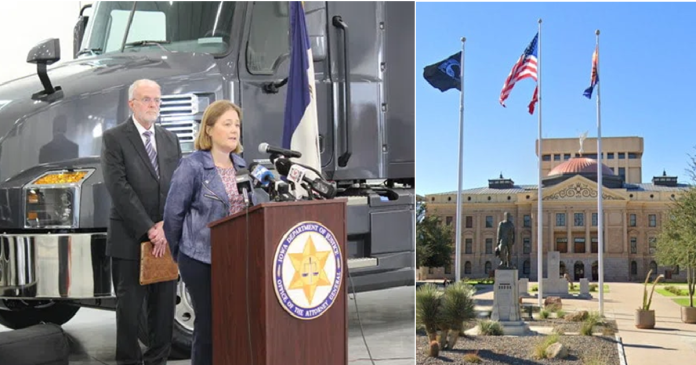“What’s the weirdest thing you’ve seen on the road ?” Truck drivers, always in the front row for witnessing unusual scenes, have shared a multitude of anecdotes, ranging from the strange to the scary, and even slightly traumatic. While some stories might seem familiar, the diversity of these accounts remains astonishing. Take Marco G., who felt his life flash before his eyes when he got caught in a tornado!
Here are five such stories, some more improbable than others. We’ve chosen to spare the most graphic details to preserve our readers’ sensitivities.
In the realm of the bizarre!
“At a farm in California, a Chinese man had a chicken in his truck, walking it like a dog!” – Chantal P.
“For me, it was an Econoline in a restaurant yard in San Francisco; all the guys were heading towards it. I thought he was selling something for chrome, but no. It was full of guns for sale and trade, along with buckets of bullets. Let’s just say I went back to sit in my truck, but I knew what kind of artillery was in each truck 😂” – Eric S.
Notable incidents and accidents.
“On the 440 on Monday, a clown lost his bike in the left lane, and the exo bus braked immediately! I didn’t stop, but I imagine a car hit it.” – Daniel R.
“In Colorado in ’96, a B-train on the shoulder, with broken triangles and a Corvette under the back of the trailer, lots of red pieces on the back doors ‘letting us understand the condition of the driver’.” – Fernand L.
“On the 20 west towards the Mercier Bridge entrance, it was stopped due to traffic and I was stopped, leaning on my steering wheel, about 7-8 feet from the vehicle in front, and then, bang! I was thrown backward, my head violently hitting the seat, instant neck pain. My truck was being pushed and I was simultaneously pressing the brakes hard. I managed to stop my truck just a foot from the car ahead. I was dazed, people came knocking on my door to see if I was okay, and I gestured that I was. It was a Honda Accord that had gone under my trailer at about 80 km/h without stopping; the guy was texting! I was loaded with 80,000 lbs. The guy got away with a broken leg and some ribs. It took two tow trucks to get him out from under my trailer, Hondas are really well made! I suffered a cervical sprain on the spot.” – Joel G.
Unusual cargoes, real or not?
“Photo I took in Thailand, an elephant loaded into a 1970s Isuzu 10-wheeler, quite special!” – Pat M.

“A transport of a flying saucer by the army in Texas in the middle of the night!” – Marie B.
Images we wish we could forget!
Finally, these are the images we wish we hadn’t seen, but which are most often mentioned in the comments…
“I came across a guy playing the trumpet while driving 🤔” – Maxime D. His own trumpet, of course…
“A guy who started driving alongside me at my speed just so I would watch him play with his bamboo. It’s not much, but I’m still traumatized to this day, lol.” – Marty B.
What bizarre or notable things have you seen? Leave us a comment!

